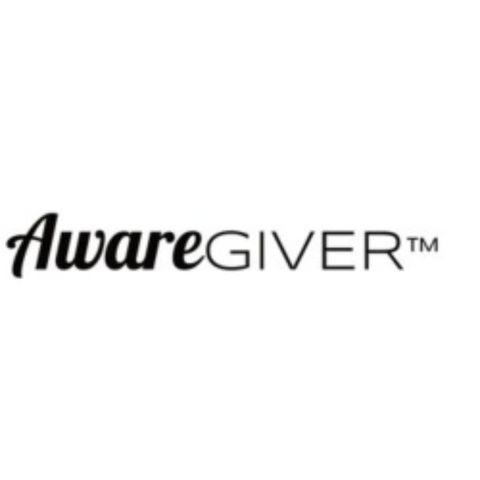
Contacts
Info
Welcome to AwareGiver, your caregiver's oasis on the airwaves, where host David Happe brings you the pulse of home caregiving. Tune in for the latest trends, breaking news, and indispensable...
show more
Welcome to AwareGiver, your caregiver's oasis on the airwaves, where host David Happe brings you the pulse of home caregiving. Tune in for the latest trends, breaking news, and indispensable...
show moreInformation
| Author | David Happe |
| Organization | Tidings Podcast Network |
| Categories | Alternative Health , Health & Fitness , Tech News |
| Website | www.spreaker.com |
| awaregiver@protonmail.com |
Copyright 2024 - Spreaker Inc. an iHeartMedia Company
